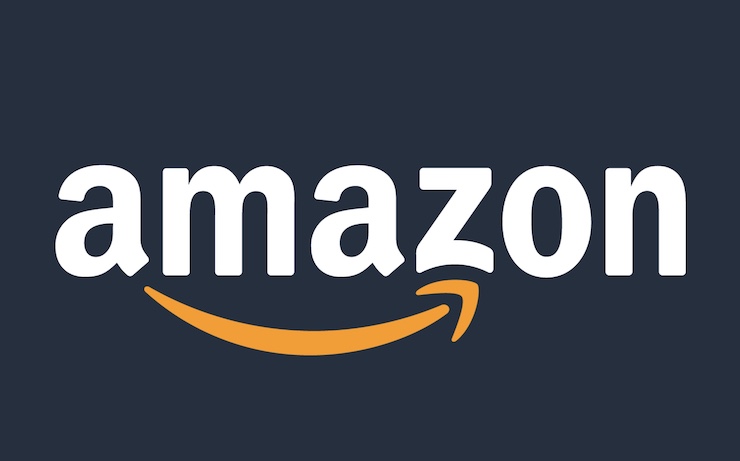Amazon Announces the Start of Drone Pharmaceutical Deliveries in College Station, Texas

Is Amazon finally ready to move forward with drone deliveries?
The company was one of the first to jump into the drone business more than a decade ago – and did so with great fanfare.
In an interview on “60 Minutes” then-owner Jeff Bezos predicted that his company’s new drone service, Prime Air, would soon be making hundreds of thousands of store deliveries within a matter of months.
And everyone believed him – or wanted to. Drones were the newest tech gadget on the block. And Bezos was one of the richest men in the world – a true empire builder.
Except that it was too good to be true.
In fact, as numerous other drone companies – including Wing, Zipline and Drone Up have found their drone legs – and wings – in recent years, Amazon’s effort has persistently stalled. Indeed, some would say crashed and burned. Prime Air’s drones have faced repeated technical performance and safety issues, and the FAA has imposed onerous flight restrictions on the company that have left its drones all but stalled on the runway.
But to its credit, the company hasn’t given up. Last year, Prime Air announced that it was finally beginning flights from its two small pilot sites, Lockeford, California, and College Station, Texas. And now the company says it’s preparing to expand those deliveries to include medical prescription drugs from its Pharmacy Subsidiary in College Station.
But is any of it true?
Amazon spokespeople claim to have pharmacists standing by to approve the deliveries which use the company’s custom-designed six-propeller MK30 hybrid VTOL drone. Since its inception nearly a decade ago, the drone has gone through several iterations. The current version can take off and land vertically like a helicopter but flies through the air like a fixed wing aircraft. It can also carry packages weighing up to 5 pounds.
Another key upgrade involves the installation of obstacle-detection technology which allows the MK30 to avoid physical obstacles, including other aircraft. The drone typically flies at an altitude of 130 feet, high above homes and their residents, to minimize safety issues.
The drone hovers over its destination and lowers its package with a tether cable. Once the package reaches the ground, the cable automatically detaches, and the drone flies back to its launch site. No actual interaction between the drone and customer ever occurs.
“These capabilities allow us to safely place the package where our customers want them, while minimizing our noise signature and keeping us at a safe distance from obstacles, people and pets in the delivery location,” Amazon spokeswoman Zoe Hoffman told the magazine Drone Life recently.
Independent confirmation of Prime Air’s pharmacy deliveries has yet to be made. According to company records, only a few hundred deliveries of food, groceries and household goods have been made from Amazon stores in Lockeford or College Station since the company finally commenced its operations 10 months ago.
Publicly, Amazon claims to be cheered by the positive response of its customers to its new delivery program. Last week, the company said it would be expanding pharmacy deliveries to a third US location and would be initiating store deliveries in Italy and the UK, though no timetable was provided.
Other U.S. drone companies have already made thousands of retail deliveries across the US and some currently operate extensively in Europe. Amazon’s chief retail rival, Walmart, already operates in 36 store locations in 6 US states, including Dallas-Ft. Worth, Texas, not far from Amazon’s solitary drone hub in College Station.
|